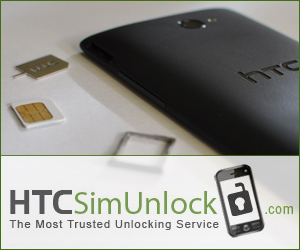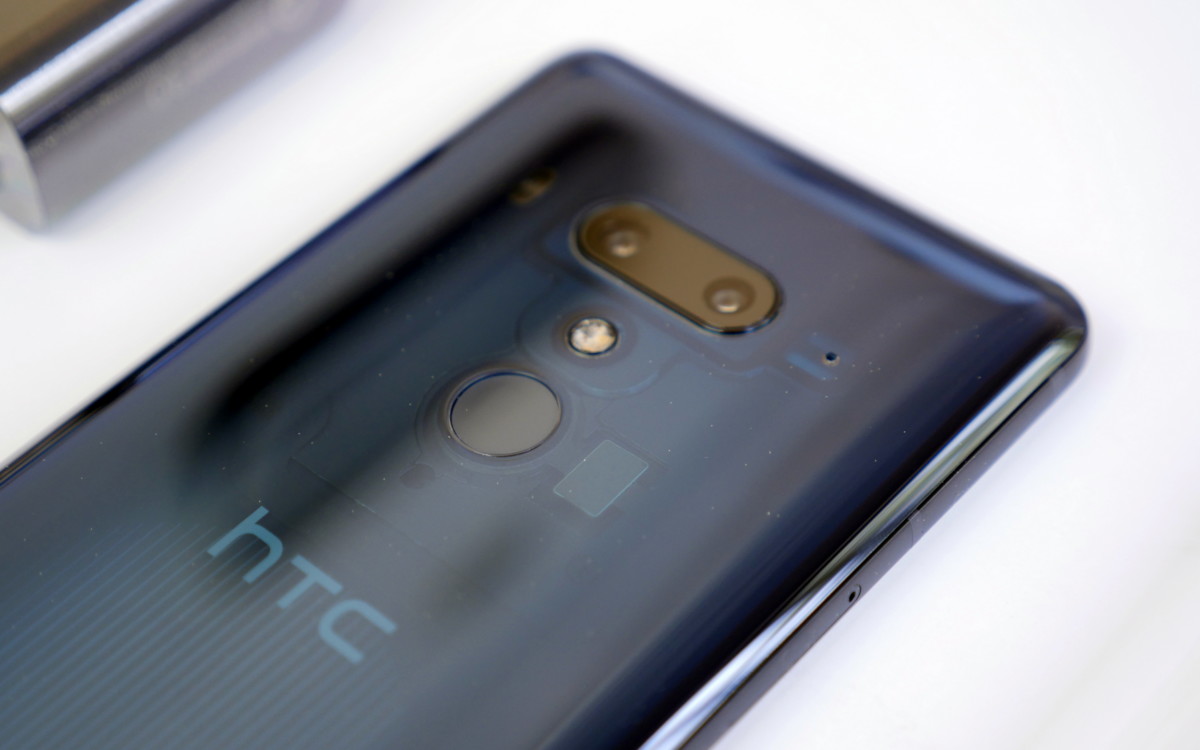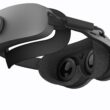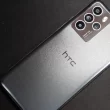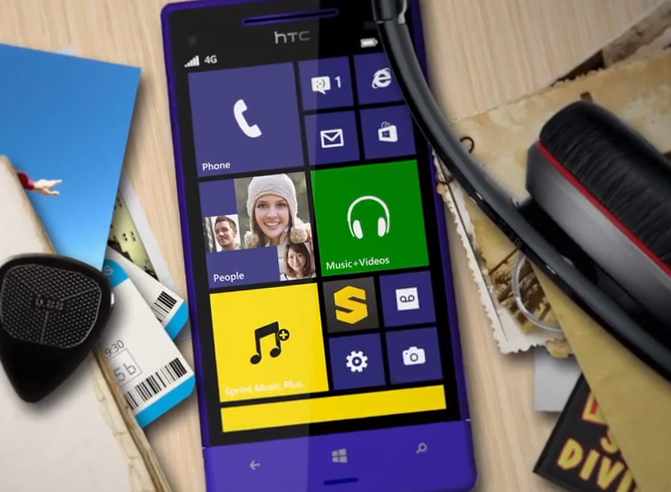
We finally have official confirmation from HTC on their plans to upgrade drivers for select devices which are experiencing poor video performance even though they have an advanced ATI Imageon hardware. HTC will NOT be upgrading the drivers for the ATI Imageon hardware, but wil be making changes that will help the devices have better screen refresh rates (notably when changing from portrait view to landscape).
The reason HTC will not be adding driver support for ATI Imageon is due to the cost involved (HTC does not want to pay ATI additional licence fees required to activate the enhanced graphics capabilities on devices they have already sold). HTC has confirmed though that they are planning on supporting the ATI Imageon hardware in many future phone releases.
Click the read more link to read the official quotes from Eric Lin (official HTC spokesman)
"HTC DOES plan to offer software upgrades that will increase feature functionality, over the air wireless speeds and other enhancements for some of the phones being criticized, but we do not anticipate including any additional support for the video acceleration issues cited in customer complaints. It is important for customers to understand that bringing this functionality to market is not a trivial driver update and requires extensive software development and time.
HTC will utilize hardware video acceleration like the ATI Imageon in many upcoming products. Our users have made it clear that they expect our products to offer an improved visual experience, and we have included this feedback into planning and development of future products.
To address lingering questions about HTC's current MSM 7xxx devices, it is important to establish that a chipset like an MSM7xxx is a platform with a vast multitude of features that enable a wide range of devices with varied functionality. It is common that devices built on platforms like Qualcomm's will not enable every feature or function.
In addition to making sure the required hardware is present, unlocking extended capabilities of chipsets like the MSM 7xxx requires in-depth and time consuming software development, complicated licensing negotiations, potential intellectual property negotiations, added licensing fees, and in the case of devices that are sold through operators, the desire of the operator to include the additional functionality. To make an informed decision about which handset suits them best, consumers should look at the product specification itself instead of using the underlying chipset specifications to define what the product could potentially become."
